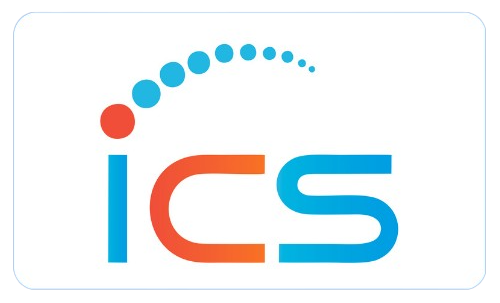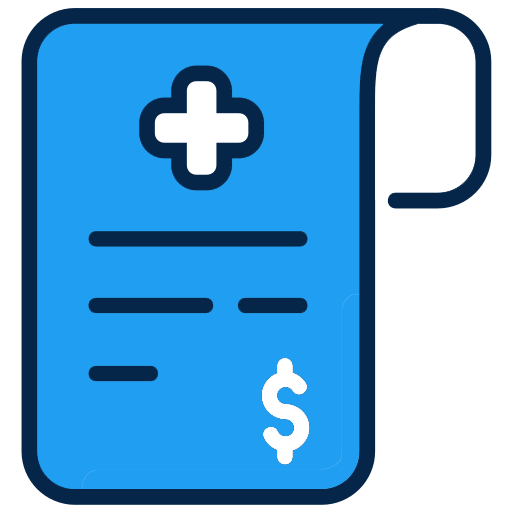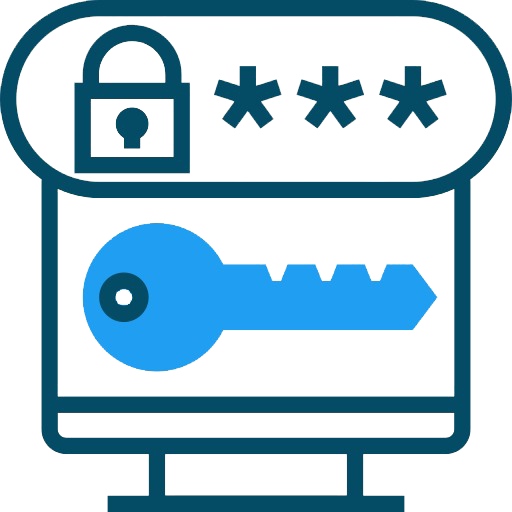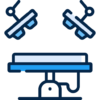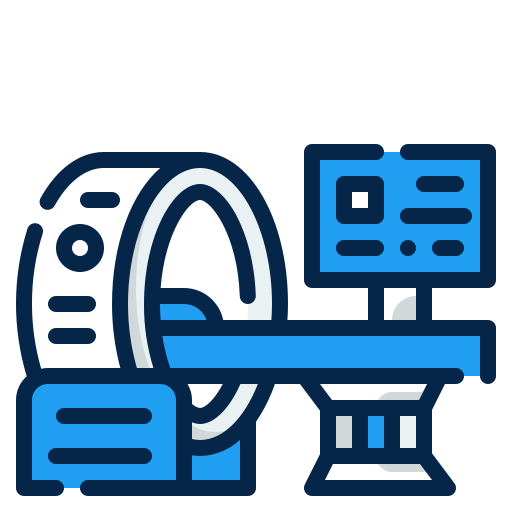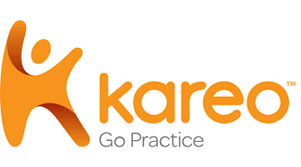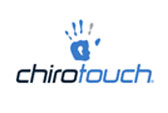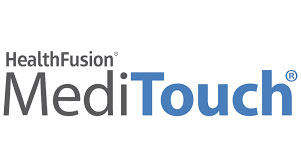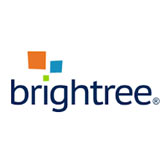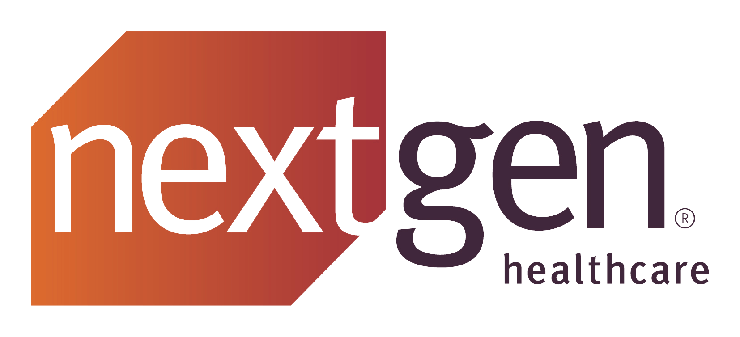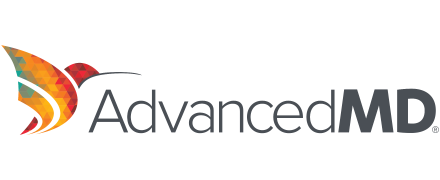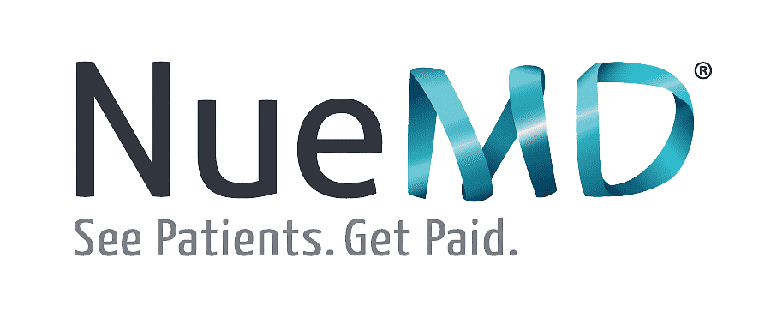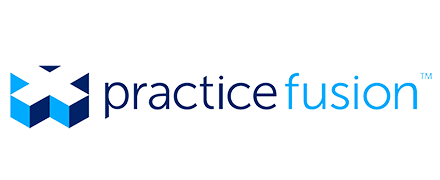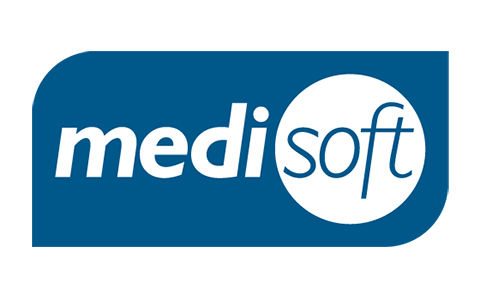Info Hub is one of the leading offshore ASC billing companies in India that comes with updated software technology and a thorough understanding of ASC billing to support your workflow. With advancements in medical facilities around the country, the number of Ambulatory Surgical Centers in the United States has nearly equaled the number of hospitals. Despite the fact that the number of outpatient surgeries is increasing by the day, physicians, coders, and insurance companies must continue to adapt their everyday procedures to changes in healthcare reform norms. Profits are at stake as a result of claim denials for ASCs and lower payments.
An understanding of the ASC billing challenges will allow for a smooth workflow, reducing the likelihood of issues showing up when it comes to collecting full reimbursement. ASC billing services offered by Info Hub are a complete solution to minimizing billing errors and maintaining the financial health of the ASC. While ASCs are among the most rapidly expanding medical services today, there are important things to know before making a claim for services delivered through an ASC, unlike physician-surgeon or hospital billing.
For one thing, Medicare has different rules than some insurers, and insurers have various rules about medical necessity, permitted procedures, and other filing requirements. While ASCs are springing up all over to fulfil this new demand, participants must be aware of the inherent complexities of ASC billing. The coding standards used by healthcare insurance companies vary, and new ones are constantly adopted. Here are the top medical billing difficulties and tips for ASCs.
Understanding CMS Requirements
Only ASCs or certain treatments will be reimbursed by the Centers for Medicare and Medicaid Services (CMS). An ASC must meet CMS regulations and establish a contract with the organization in order to be paid for these procedures. The coding criteria for ASCs differ from industry standards. There are numerous bundle modifications and laws that are special to surgery centers. Medicare, for example, mandates physicians whose offices are not in the ASC to use different codes than those whose offices are in the ASC. Understanding typical coding errors is a good place to start when it comes to avoiding them. Billers frequently overlook topics that require extra attention on a claim.
Some codes don’t include any items that are connected to the main procedure. Medical supplies including casts, splints, and surgical bandages, as well as surgeon supervision by an anesthesiologist, may require extra care. To prevent losing compensation, it is advisable to report these items individually. An ASC must grasp the approved list of procedures before committing to surgery. Medicare will not pay for surgery unless CMS determines that the procedure does not pose a significant danger to the patient. Overnight procedures are also not eligible for coverage.
The eligibility standards emerge from these principles –
- It is possible that the process will be optional.
- It is possible that the operation will be urgent.
- In the surgeon’s office, the surgery cannot be performed safely.
- It cannot be a life-threatening procedure, such as emergency heart surgery.
One of the most prevalent coding errors is the coding procedures based on their headers rather than the actual surgical report. Many ambulatory surgical centers and other freestanding outpatient clinics prudently wait for the surgeon’s report before billing for what were originally scheduled services, as the final report may note fewer (or different) surgeries. This will almost always result in a denial once it reaches the payer, therefore a coder should always read the entire operative report carefully and investigate any discrepancies.
Some insurance carriers allow an ASC to bill using ICD-10 procedure codes, just like a hospital. An ASC uses a combination of physician and hospital or clinical billing, employing CPT and HCPCS level codes (as do most physicians), and some insurance carriers allow an ASC to bill using ICD-10 procedure codes just like a hospital.
Offshore ASC billing services offer a team of expertise who are well-versed with the nuances of ASC billing, thereby ensuring fewer no errors. Their experience and in-depth knowledge help ASCs gain leverage, and submit error-free claims and increase their revenues
